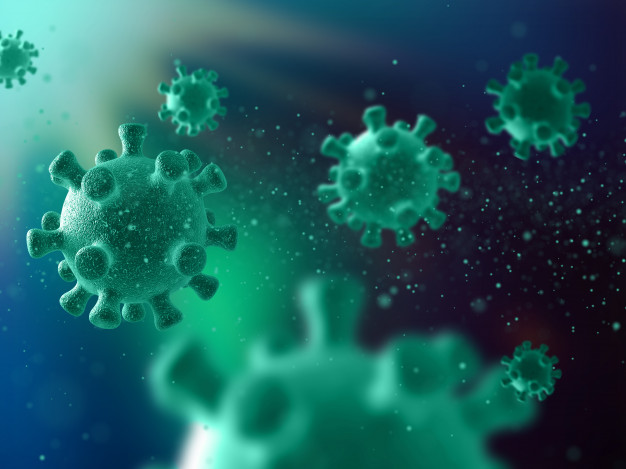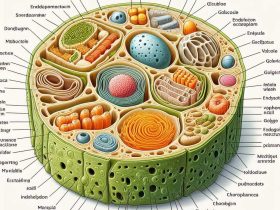What is a virus?
Virus is collection of genetic code, i.e DNA or RNA which is covered by protein coat. Virus needs a host to replicate. Viruses usually kill the host cells and cause damage to the organism. Viruses can not be killed by antibiotics, only antiviral and vaccines work in case of viruses.
We can not see viruses under microscope because the they are submicroscopic. Viruses can not survive on it’s own they need a living host cell to survive and replicate.
Why it is difficult to kill a virus
Viruses are hard to kill because they are not alive like bacteria they do not reproduce on their own or have metabolism. They are very small and it’s hard to kill it using drugs. When they are outside the host cell they are neither dead nor alive but as soon as they find a host cell they come to life by entering into the host cell. Unlike bacteria which have their own cells viruses take advantage of host cell. We will have to kill the host cell into order to kill the virus but viruses do kill the host cell themselves. Killing host cell will eventually kill the organism or human or animal.
Difference between a virus and Bacteria
| Virus | Bacteria |
| Viruses are non living Cells. They are molecules with DNA or RNA with a protein coat. | Bacteria is a living cell that can live inside or out side a body. |
| Viruses need a host to replicate. | Bacteria do not need a host to reproduce. |
| Viruses can not be killed by antibiotics | Bacteria can be easily killed by antibiotics. |
| Viruses are submicroscopic particles which means that we can’t see it with a normal microscope. | Bacteria’s are microscopic which means that we can see it using a normal microscope. |
| Viruses always live inside a living organism and need a living cell. | Bacteria can also live in water or soil |
| Viruses can’t reproduce on their own. | Bacteria can reproduce on their own. |
| Antiviral medicine and vaccines work for viruses | Normal drugs works for bacteria. |






Leave a Reply